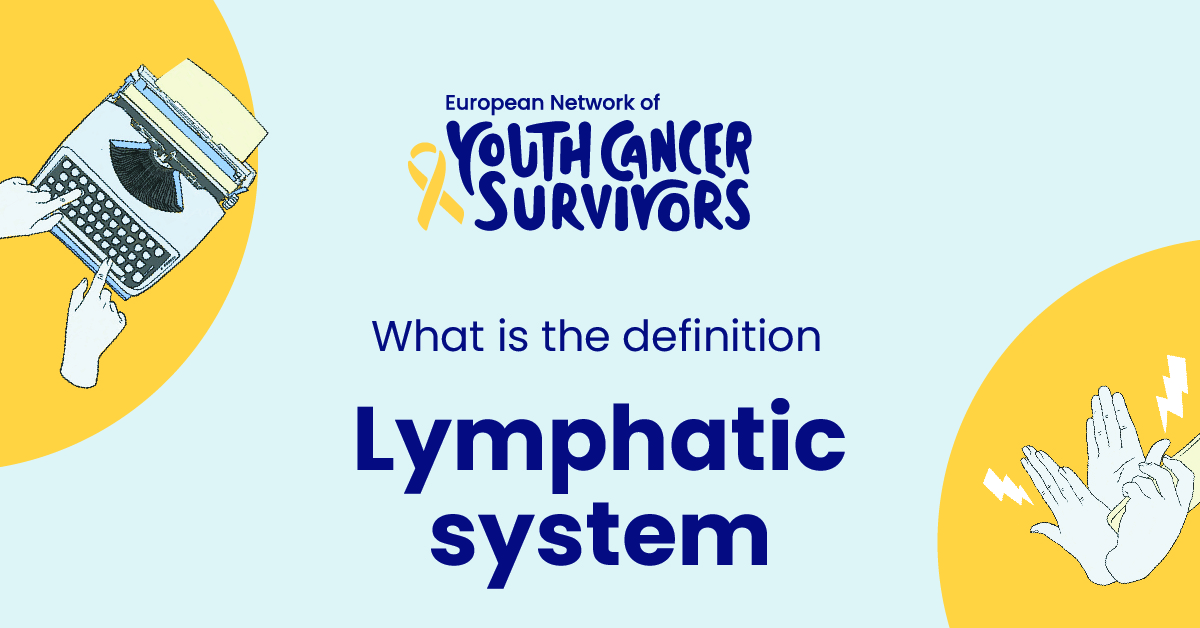
If you’ve heard of words like lymph nodes or tonsils, then you’ve come across the building blocks of the lymphatic system, an intricate network critical to our overall health. Often regarded as the unsung hero of your body’s complex network of systems, the lymphatic system plays a pivotal role in maintaining the cells that help your body cope with infections and diseases.
Its essential purpose is to keep our body’s fluid levels in balance while protecting us from harmful invaders such as bacteria, viruses, and fungi. This article sets out to take you on an enriching journey into the world of the lymphatic system, exploring its structure and functions to the role it plays in immunity and the manifestations of its disorders.
Defining the Lymphatic System
The lymphatic system, a part of your immune system, is a complex network of tissues and organs that help flush out toxins and other unwanted materials from your body. Its main components include lymph vessels, lymph nodes, and lymph itself.
Lymph vessels, similar to the circulatory system’s veins and capillaries, carry a clear fluid called lymph throughout the body. Lymph is rich in white blood cells that fight infections. The lymph nodes act as filters, trapping viruses, bacteria, and other causes of illnesses before they can infect other parts of your body. There are also several critical organs such as the spleen, thymus, tonsils, and adenoids that play significant roles in the overall function of the lymphatic system.
Vital Organs in the Lymphatic System
The Spleen: Function and Importance
The largest lymphatic organ, the spleen, filters your blood and helps your body respond to infections. It also plays a crucial part in maintaining the balance of body fluids and fights off invading germs.
The Thymus: Its Role in Immunity
Located in your upper chest, the thymus produces T-cells or T-lymphocytes, a specific type of white blood cell that protects the body from viruses and other harmful pathogens.
Lymph Nodes and Lymph Vessels: The Body’s Filter and Drainage Network
Lymph nodes act as filters for harmful substances. They contain immune cells that can help fight infection by attacking and destroying germs that are carried in through the lymph fluid. Lymph vessels, on the other hand, act as the transportation highway, carrying the lymph fluid throughout the body.
The Tonsils and Adenoids: First Line of Defense
The tonsils and adenoids are the body’s first line of defense against ingested or inhaled foreign substances. They produce white blood cells that help kill bacteria or viruses, thus protecting the body from infections.
Lymphatic System’s Role in Immunity
The lymphatic system plays an essential role in our ability to resist infections. It is the machine that powers the body’s immune response. By producing and transporting lymph, a fluid containing infection-fighting white blood cells, the lymphatic system can detect and fight infections.
In addition to its role in immunity, the lymphatic system is also critical in detoxification and waste removal. By helping rid the body of toxins, waste, and other unwanted materials, it essentially contributes to overall health and wellness.
Common Disorders of The Lymphatic System
Well-functioning lymphatics are crucial, and their disorders can lead to severe medical problems. Some of them include Lymphedema, which involves swelling due to the incapacity of the lymphatic system to drain fluid fully. Its causes, symptoms, and treatment vary depending on its severity.
Lymphoma, cancer of the lymph nodes, poses another threat. It can be life-threatening, depending on the cancer stage and the affected lymph nodes. However, numerous treatment options, including chemotherapy and immunotherapy, have shown success in treating it.
Get to know us better
If you are reading this, you are in the right place – we do not care who you are and what you do, press the button and follow discussions live

Maintaining a Healthy Lymphatic System
An active lifestyle, including regular cardiovascular exercise and hydration, can support lymphatic health. A balanced diet, regular medical checks, and avoiding smoking and alcohol are also integral components in maintaining a healthy lymphatic system.
Overall, the lymphatic system plays a pivotal role in keeping us healthy. By learning more about and understanding its structure and functions, we can develop a more profound appreciation for this system and take better steps to ensure its health. With numerous disorders that can disrupt its functioning, it is essential to adopt a lifestyle that supports and maintains a healthy lymphatic system.
FAQs:
- What is the main function of the lymphatic system?
The lymphatic system helps maintain fluid balance in the body by collecting excess lymph fluid from the body tissues and returning it to the blood. It also plays a vital role in defending the body against infection by supplying disease-fighting cells called lymphocytes.
- How does the lymphatic system work in conjunction with other body systems?
The lymphatic system works closely with other systems in the body. For example, it works with the circulatory system to deliver nutrients, oxygen, and hormones from the blood to the cells that make up the tissues of the body.
- What are the warning signs of a potential lymphatic system disorder?
Swelling of your lymph nodes, unexplained weight loss, fever, and night sweats are a few symptoms that might point to a lymphatic system disorder.
- Can lifestyle changes significantly affect the health of your lymphatic system?
Yes, factors like diet, exercise, and hydration affect your lymphatic system’s health. Adequate nutrition, regular physical activity, and maintaining proper hydration can support lymphatic health and functionality.
- What role does the lymphatic system play in immunity and disease prevention?
The lymphatic system plays a crucial role in immunity. By producing and transporting lymphocytes, white blood cells that fight infections, the lymphatic system helps protect the body from foreign invaders like bacteria and viruses.

















Comments
Thank you. Comment sent for approval.
Something is wrong, try again later